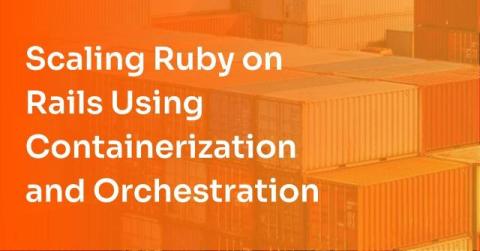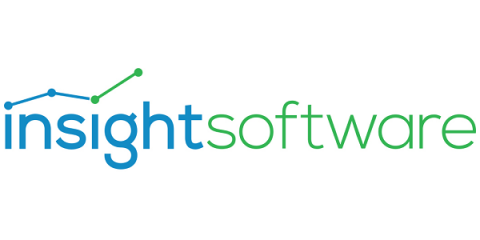Creating an AWS Lambda Function using Python
AWS Lambda is a serverless compute service that enables you to run code without the need to provision or manage servers. This makes it an ideal choice for developers aiming to build scalable and efficient applications with minimal infrastructure overhead.











